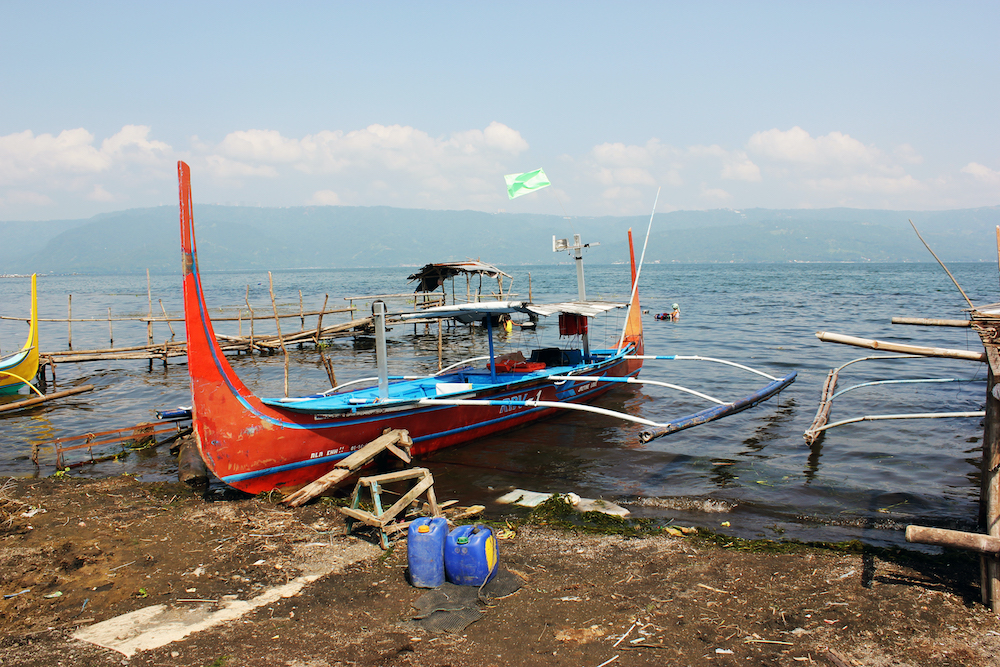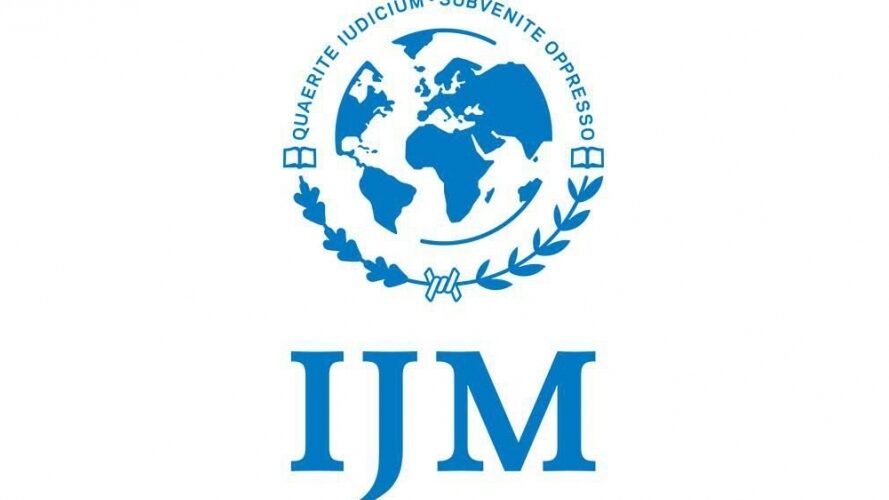Improving Enforcement and Prosecution of Human Trafficking in Africa and Asia

Funded by HTRI and partnering with the International Justice Mission, researchers are exploring the feasibility of conducting randomized evaluations of interventions designed to increase enforcement and prosecution of human trafficking.
Despite increased efforts to reduce human trafficking, enforcement and subsequent prosecution remain limited in Asia and Africa. International Justice Mission (IJM)—an NGO focusing on reducing child trafficking—implements four interventions to increase enforcement and prosecution of trafficking in these regions:
- The Advanced Investigative Workshop: This workshop in the Philippines seeks to strengthen law enforcement’s efforts to reduce the online sexual exploitation of children through collaboration on existing cases, training from experts on effective casework, and perspectives from survivors. Investigations formed during this workshop lead to rescues.
- Trauma-informed care (TIC): These approaches provide post-trafficking support for survivors of labor trafficking and sexual exploitation by connecting them with the justice system to receive care and obtain justice for the trauma they experienced.
- Advocacy and power: In this intervention, survivors learn to share their lived experiences to facilitate concrete, collective action.
- Government investigation and prosecution capacity building: This intervention in Kenya seeks to strengthen the government’s capacity to effectively investigate and prosecute the commercial sexual exploitation of children. This is done through engaging victims and communities to increase reporting, and by engaging in training, mentoring, and technical assistance with justice sector and social services officials to conduct effective, more victim-sensitive investigations, prosecutions, and case management.
Funded by HTRI and in collaboration with IJM, researchers are exploring the feasibility of a randomized evaluation on each of IJM’s four interventions. To do this, they are reviewing literature associated with these types of projects to identify knowledge gaps and are developing different potential designs to rigorously evaluate each intervention. The objective is to produce a detailed outline document for each intervention with recommendations informing the implementation of the future randomized evaluation.
Sources
1. Foo, Yen Ne. "ASEAN convention against trafficking in persons: A regional approach to fighting human trafficking." In Non-Traditional Security in the Asia-Pacific: A Decade of Perspectives, pp. 155-159. 2021.
Smerchuar, Numtip, and Warach Madhyamapurush. "The puzzle of ASEAN instruments to combat human trafficking." WIMAYA 1, no. 2 (2020): 40-47.
Research Partners














